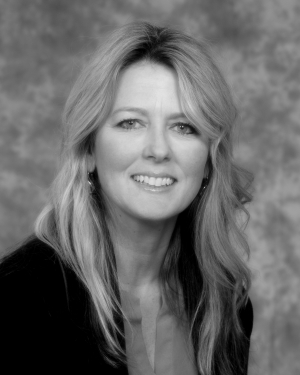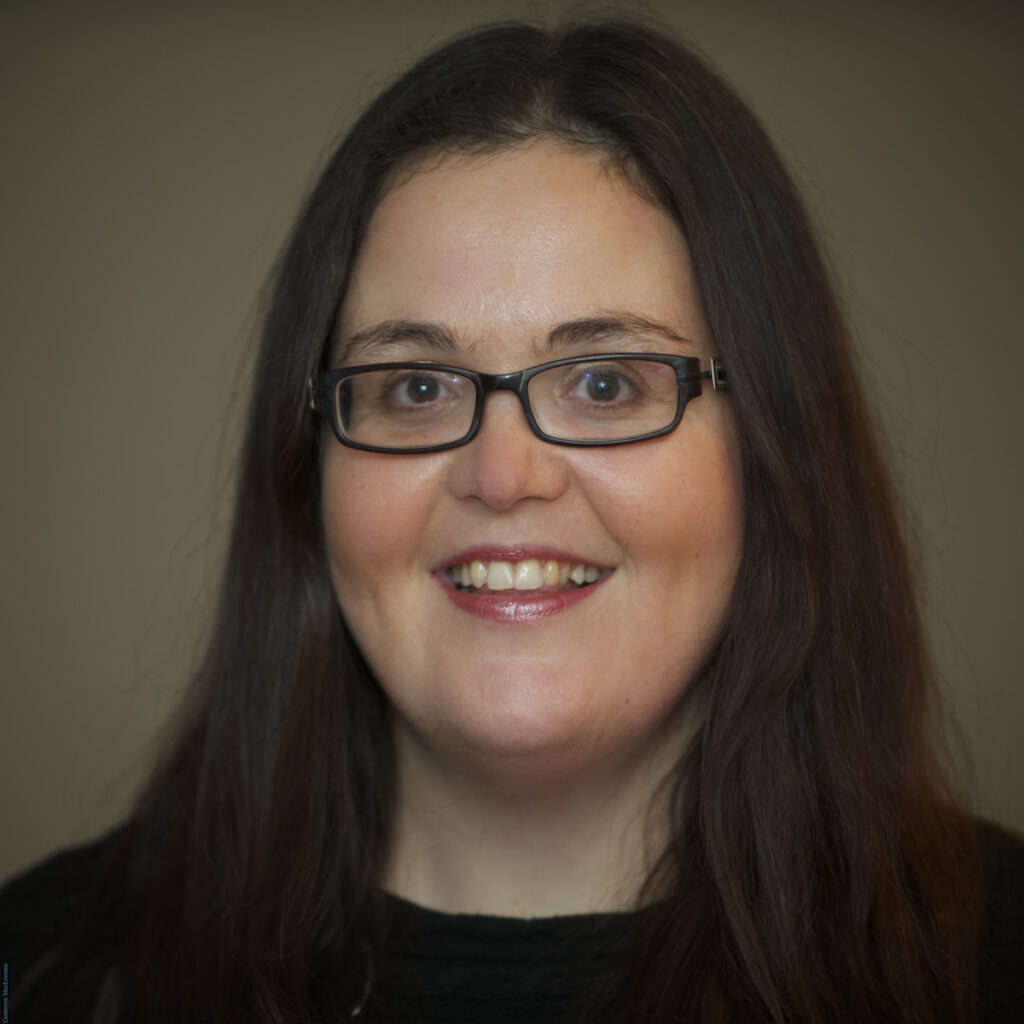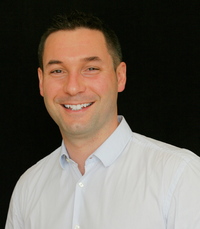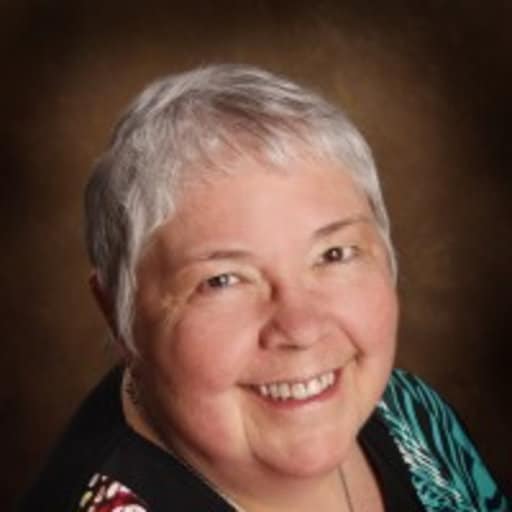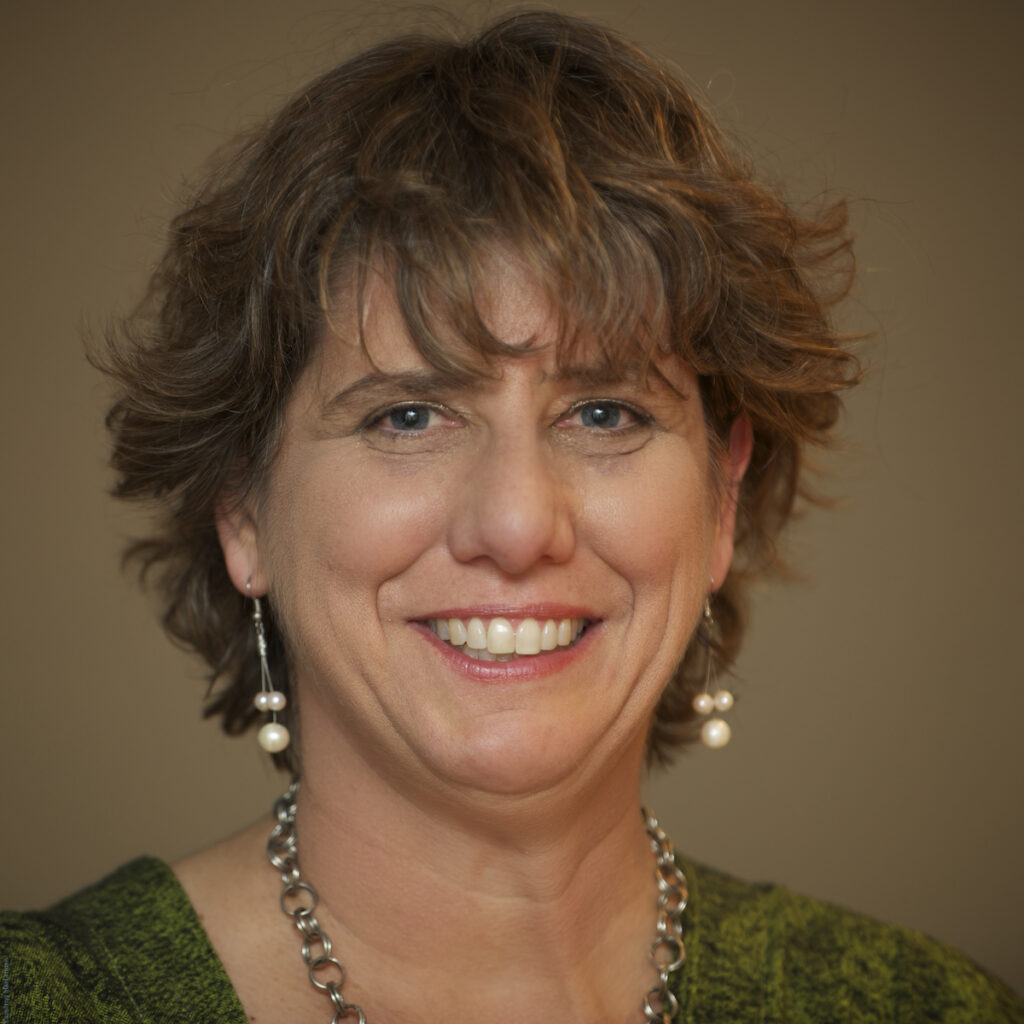A research and learning network to develop more socially just rural care
Together with the Centre for Rural and Northern Health Research (CRaNHR) at Lakehead University, Michelle developed a network of rural health and policy researchers and practitioners to explore several questions: What does it mean to be a socially just health researcher or practitioner? How can we develop more relational, caring, and socially engaged health practitioners?…
Read MoreIntegrating cultural safety teaching into an undergraduate medical curriculum
This fellowship explored the Indigenous concept of cultural safety as a framework for reimagining clinical encounters in a holistic way. A key goal of the fellowship project was to integrate teachings about cultural safety and Indigenous ways of knowing into the formal undergraduate medical curriculum to enhance therapeutic encounters between healthcare providers and their patients.
Read MoreDeveloping a patient experience curriculum that increases compassionate care
Lisa chose to use her fellowship to develop a new curriculum. It was centred on using patient storytellers to prompt frontline staff to reflect on the value of compassion in patient and family centred care, and the behaviors required for this approach.
Read MoreExpansion and evaluation of ethics quality of care education in surgery
Ethics Quality of Care Rounds have been implemented during regular surgical rounds monthly at the University Health Network over two years. Residents select a case with an ethical dilemma and, along with the lead staff, determine key points and moderate an open-ended and confidential discussion with multiple levels of learners and faculty. The fellowship involves:…
Read MoreCompassionate approaches for leading change and evaluating educational programming within complex systems
Approaches to evaluating education still assume that evaluation is about rendering judgement about the quality of the work of others. This Fellowship is evaluating a new program evaluation model that enables improved identification and understanding of how a simulation-based curriculum in client and family-centred care brings value to the people in the system. The Fellowship…
Read MoreBuilding narrative competence as a catalyst for person-centered care
Learn about Trisha’s photo documentary film and narrative medicine seminar series. She used them to help Queen’s University physiotherapy students become more person-centered in their work.
Read MoreDeveloping rapport and ethical therapeutic relationships in acute care
Michael used his fellowship to design a multifaceted education, research, and knowledge translation program. It focused on helping healthcare providers develop rapport and ethical, therapeutic relationships with patients and their families.
Read MoreA unique curriculum and practice model for compassionate, person-centered care
Marion’s fellowship helped clinicians and students value what is “best” according to evidence, and also what is “fitting” based on the unique characteristics of the people and the context in which care happens. Learn about the curriculum she developed.
Read MoreThe curriculum of caring
The “Curriculum of Caring” prepares healthcare professionals to be more capable (comfortable, confident, competent) in delivering compassionate, person-centred care to patients generally considered harder to serve, specifically people with developmental disabilities (DD). The Curriculum of Caring began as a Hamilton/Niagara regional partnership of Bethesda Services with McMaster and Brock Universities to provide medical and nursing…
Read MoreAdvancing compassionate care in family medicine
Cynthia’s work found a surprising absence of language about compassionate care in current family medicine standards. It gave us a better sense of where family medicine is doing well and where it can improve.
Read More


